Father of the Barents cooperation: - Proud of our peaceful neighbourly relations
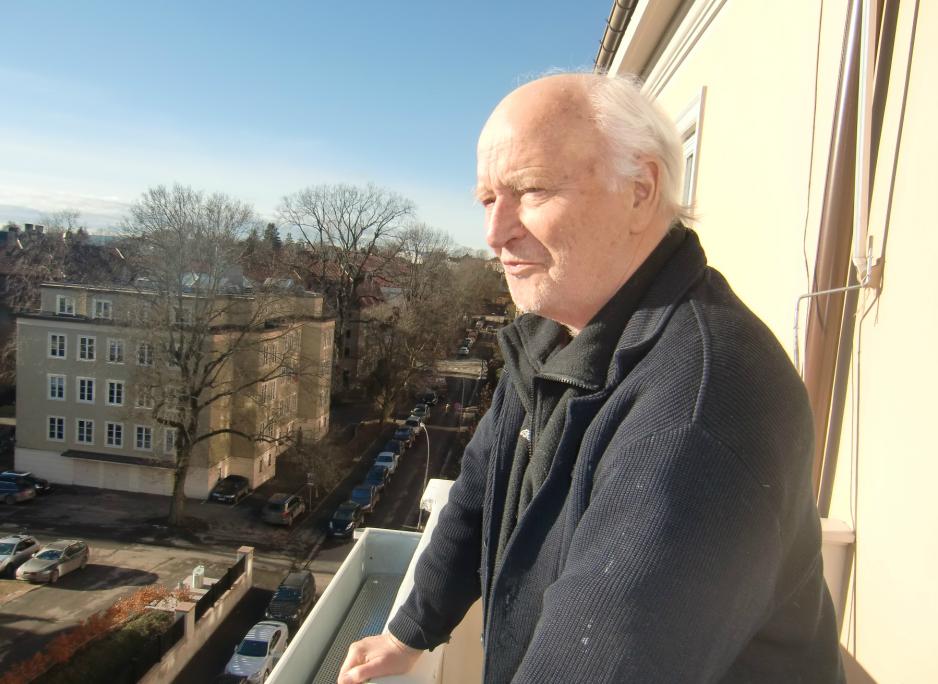
Norway's former Foreign Minister Thorvald Stoltenberg, is proud of how Norway and Russia have maintained peaceful neighborly relations ever since the days of the czar. And he's still an optimist.
"Father of the Barents cooperation" – a fatherhood he wears with pride and joy. Father of NATO's Secretary General and at least equally proud of that.
Read the interview in Norwegian here
- We can be proud
- But what we can be truly proud of, says the soon-to-be 86-year old chieftain, - is that we have managed to have such a well-founded foreign policy towards our significant neighbor that we have not had any armed conflict with Czar Russia, not with the Soviet Union and not with Putin's Russia. We should all take pride in that – and with that I also refer to the Russians, the former foreign minister, defence minister, Balkan preace broker and UN High Commissioner for Refugees emphasizes.
High North News meets Thorvald Stoltenberg, to most Norwegians simply 'Thorvald', at his home in Mogens Thorsens street in Oslo, a flat with a view stretching all the way to Beijing on clear days, if one is to believe the introduction to his currently last book "Breakfast with Thorvald".
- I am old enough to remember how terrified we were of the Russians when they entered Northern Norway and liberated Finnmark county back in 1945. We were all, at least here in Oslo, curious to see if they would withdraw afterwards – and they did.
Small country needs extensive politics
That is proof, he says, - that we have had a successful foreign policy. I have said for years that the smaller a country is, the more foreign policy it needs. By that, I mean a foreign policy where every single detail has been carefully worked out, all the way into the most minute clauses.
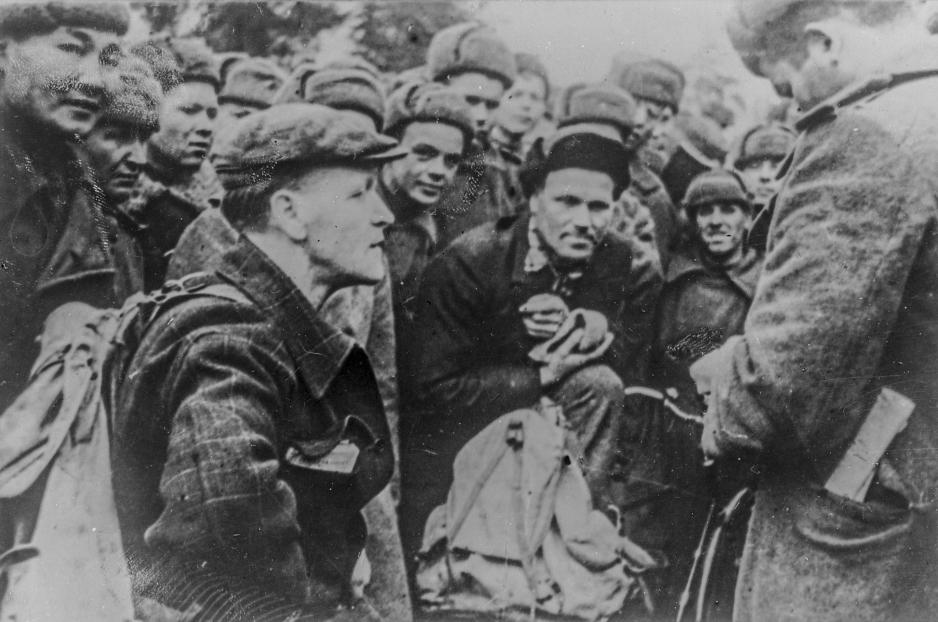
HNN: - You have been engaged with "Cold War rhetoric", or rather with avoiding this. The Russian embassy recently published a press statement in which they in rather harsh terms critizised the Norwegian policy. The Norwegian Prime Minister Erna Solberg's comment was, among other, that this is "the Russians' alternative reality, which we have heard repeatedly."
Is this a correct reaction from the PM in your opinion?
- One of the reasons why I am doing so well, also after retiring, is that I have chosen not to grade other people's handling of problems.
HNN: - But this is the Norwegian government?
- Well, yes. Other people. But what I am concerned with, and which I am sure the Prime Minister also knows, is that what we say in Norway, well, many Norwegians believe that no one outside our own capital care about it. But that is just plain wrong. What we say is read, and it is interpreted.
Especially, of course, with our big power neighbor Russia. That is why I say this about our foreign policy: We are a small contry, and we need a lot of foreign policy.
- We have no eastward expansion
HNN: - The USA, Russia and the European victors from WW2 split the world amongst themselves into various 'spheres of interest' by the end of the war. And we have no historic reference points for Russian aggression outside what was then defined as the Soviet sphere. Is it then us, the West, that now pushes the old agreement with our expansion towards the east?
- No, we do not have any eastward expansion.
HNN: - Don't the Russians perceive it that way?
- Well, yes, but then I must get on the offensive and say that if they and we mean anything about and with our respect for democracy, then democratic countries like the Baltic countries, like Poland, like Hungary – they do not wish to be included in a Russian sphere in that way, with Moscow deciding and their having to adjust accordingly.
- We must not deny ourselves
They are democratic countries, and they want the comfort and security that follow from a NATO membership. And what would the world come to if we were to say yes, we know that they want to become members, but we are not willing to take that risk? That's just not possible.
I would very much argue sobriety and calm in our relation to Russia, though we should not go as far as to deny what we stand for.
Mr Stoltenberg is determined and leaves no room for wiggling. You don't play around with democracy, whichever form or shape it has. Because not all democracies everywhere have to be identical with our western one.
HNN: But you do not believe in sanctions, or in their having any effect?
Sanctions do not give the desired results
- I have, as foreign minister, voted for sanctions in various situations. But through that I have learned that we have no other tool between doing nothing and using military power, other than sanctions.
The latter has, of course, been off the table and I hope it remains so. But nor do I believe that sanctions leads to the desired results. At least I have not seen it. Nor did it work in South Africa. They were undermined by two things. One was that Japanese ships did not care and made enormous money on transporting oil and goods to and from.
The other was that only when the banks started sanctioning would it no longer be profitable to invest in South Africa. Only then did things start picking up, Thorvald Stoltenberg says.
At the same time, he is clear that there are situations when the world needs to act, and then sanctions appear to be the only tool at hand. Examples of military interventions being useful or helpful do not exist, he stresses, and quotes the former American Minister of Foreign Affairs Colin Powell: "Do not believe you can change a regime from 30.000 feet."
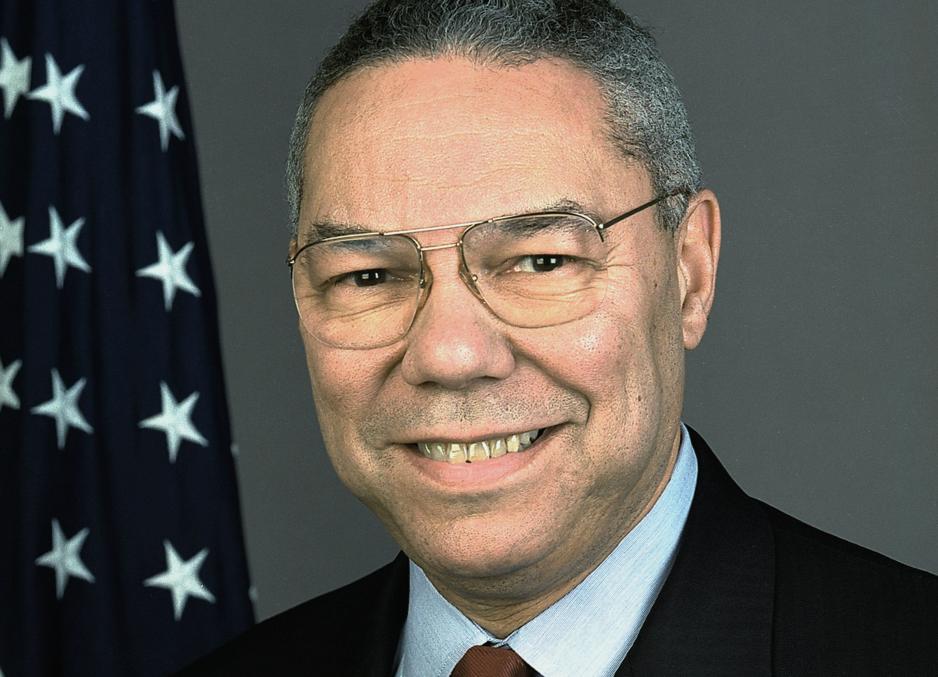
So Stoltenberg is still an optimist. And we must return to our own starting point, the Barents cooperation, the northern relationship with Russia, the nearly always-existing people-to-people cooperation. He admits to fathering the Barents cooperation, but strongly argues that he was not alone neither with its conception nor its implementation. On the contrary:
- Of course I did not arrive at an empty table. Like i said, I will agree to fathering it, however, I came to a very engaged environment. It sounds a lot better from Oslo, because it was not like I arrived from Oslo and that no one in Finnmark had ever heard of this before. There was already an existing environment that was highly engaged in this.
Chemistry and trust are decisive
What makes me accept this fathering, was the fact that I did have that conversation with my Russian colleague, Foreign Minister Andrej Vladimirovitch Kozyrev, and he would speak to president Boris Jeltsin, and within a day we had clarified that they were ready to establish a Barents cooperation.
And ever since then, I think it has been more important than many would imagine. Many would argue that such top-level contact carries rather limited substance, however, I would argue that when Jens (Stoltenberg) and Jonas (Gahr Støre) met regularly with Putin/Medvedev and Lavrov during the ministerial meetings in the Barents cooperation, that was significant for arriving at the finalization of drawing the border line in the Barents sea.
The fact that they found a working chemistry and way of contact during these meetings was crucial, I believe.
I am not saying we were the deciding factor, but we contributed. And it only goes to show how important this is. We had negotiated for 40 years, mostly on Deputy Minister and bureaucratic levels, but after trust was established and meetings arranged on top level, we arrived at an agreement.
Uplifting engagement
Nevertheless, in the beginning it was very encouraging for me to hear how far this thinking had come; how concerned people were with this cooperation. The other thing I found great joy in, was how quickly the Russians responded, and how engaged countries like Finland, Sweden and Denmark were in creating this cooperation.
- Has gone well
HNN: - Are you satisfied with how the legacy of the Barents cooperation has been managed?
- It completely exceeds my expecttions. It all depended on two things; one was for the Cold War to end, the other was for the big powers to be directly in contact with one another. I did feel a responsibility as Foreign Minister to exploit the unique situation we had arrivedin, when "nothing was impossible" out of all the things we had been trying for 70 years, all the way back to the days of the czar.
And I would like to extend my tribute to all those who have participated and provided this cooperation with contents, because that is not something I have done.
That said, it is not all rosey. I had truly hoped and believed that we would have come further with regards to business politics and cross-border industrial cooperation.
But then again, if there is one lesson I have learned in life, it is patience – not resignation. It has gone quite well.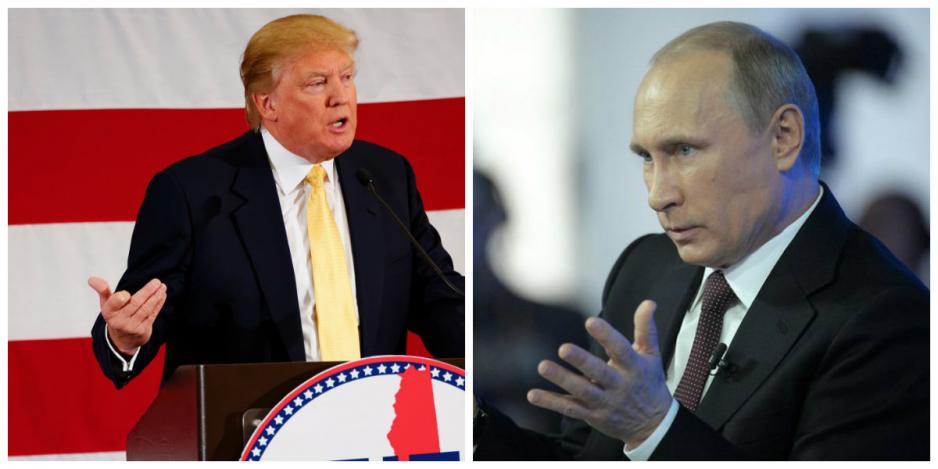
Following the fall of the Iron Curtain the breakdown of the Soviet Union and the western capitalism's arriving in East Europe, many in the West believed that both Russians and others in the east wanted to become like us, if just told them how they could, what they would have to do and how they should think.
As we all know, that is not how things went.
- But that, Stoltenberg says, was the fault of capitalism. We, and I mean "we" as referring to the West, thought that the best thing that could happen for the former Warzaw Pact countries was to introduce capitalism as fast as possible.
I traveled around in many of these countries; Poland, Chechoslovakia, Hungary etcetera, and our curiosity was that during the first elections, following the fall of the Warzaw Pact, all the old communists were wiped out from central positions. Yet in the second round of elections they came back. With new party names, true enough, but it were the same people. And why?
"We want regulated democracy, then!"
The answer I got from the man on the street, was in short shis:
- We wanted freedom and democracy. Instead we had increased differences, increased unrest – and the worst, by far: We lost our jobs. And if THAT is freedom, then we want more regulated freedom, or regulated democracy – guided democracy.
And one can understand that, we made mistakes. Not in being aggressive towards Russia, but we wanted to be aggressive on behalf of capitalilsm.
If you look at the various communications that were agreed up on and published following international meetings at the time, they would nearly always end with this and that having to be done in order "to preserve and continue the development of the free market", freedom in everything – especially in the market.
Mr Stoltenberg shakes his head and looks out the large window – towards Beijing? He leaps again:
- Today, I don't think there are too many who want a completely free market. There are degrees of freedom, after all. So we did a mistake there, but perhaps we should just recognize that most countries at that time had capitalist parties, or maybe rather conservative parties in charge.
The USA is not exactly a role model
This is what Thatcher and Reagan were praised for, what they did, though some of what they did caused a disproportionate relationship between the East and the West. And with all due respect for the USA, then that is not a model for how to reconstruct a failed country. It really is not.
HNN: - Since you bring up the USA; you have said we must let Donald Trump get a chance to prove what he stands for?
- Yes, I have said and written that, and I have also said that I hope and believe that reality will hit home when Trump, eventually, orients himself.
HNN: - Could one, to pinpoint matters, argue that there is a cynical nationalistic strategist in power in Moscow and an impetuous and at least as nationalistic buffoon in Washington. Scary?
- Honestly, I must say that I am not so frightened, because I still believe that reason will prevail. I don't believe that they are mad. And remember, if anyone is to know what it means to actually have nuclear weapon arsenals, then that will be the two top leaders of the two great powers, Russia and the USA. And they are also fully aware that no one will win a nuclear war.
It can only have losers.
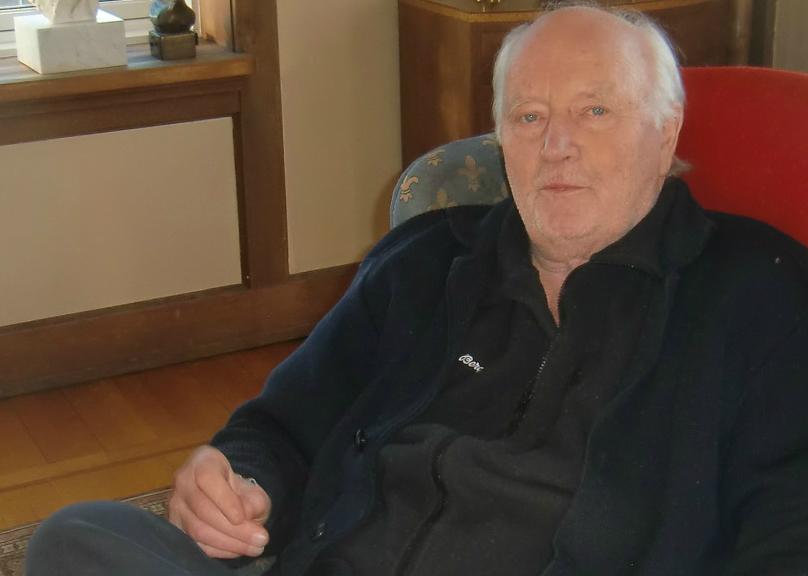
Thorvald Stoltenberg
Born July 8, 1931 in Oslo. Norwegian diplomat and representative of the Labor Party.
Stoltenberg was Minister of Defence from 1979 to 1981, and Minister of Foreign Affairs from 1987 to 1989 and from 1990 to 1993. As foreign minister he initiated the Barents Cooperation in 1992.
In 1990 he was the UN High Commissioner for Refugees for a brief period. He was the UN's peace broker in the Balkans from 1993 to 1996, and Norwegian Ambassador to Denmark from 1996 to 1999. Stoltenberg was President of the Norwegian Red Cross from 1999 to October 3, 2008, and is the only one to have held that office through three terms.
(Source: Wikipedia)
